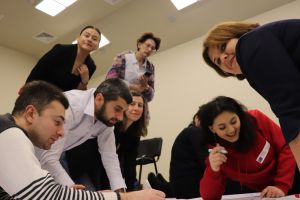
EU4Youth in Armenia: programme hails new social enterprises and improved youth employment landscape
More than 50 successful EU-funded start-ups were launched, and thousands of young Armenians have better employment chances thanks to new skills. These are just some of the impacts as the EU4Youth programme closes its latest five-year cycle, and draws conclusions from the data collected over the period of its activity in Armenia.
As recorded in the programme’s yearly reports, EU4Youth actions in Armenia have included direct training and mentoring, matchmaking between employees and employers, grants to new businesses, policy to create new jobs and improve skills, tailoring education to the market, and local initiatives to support the most vulnerable.
Despite the effects of the ongoing conflict between Armenia and Azerbaijan, the impact of the Russian invasion of Ukraine and the broader political instability in the Eastern Partnership (EaP) region, as well as the COVID-19 pandemic, evidence shows that EU4Youth has been able to make a positive impact on young Armenians’ education and employability, entrepreneurship and employment, and their engagement and empowerment.
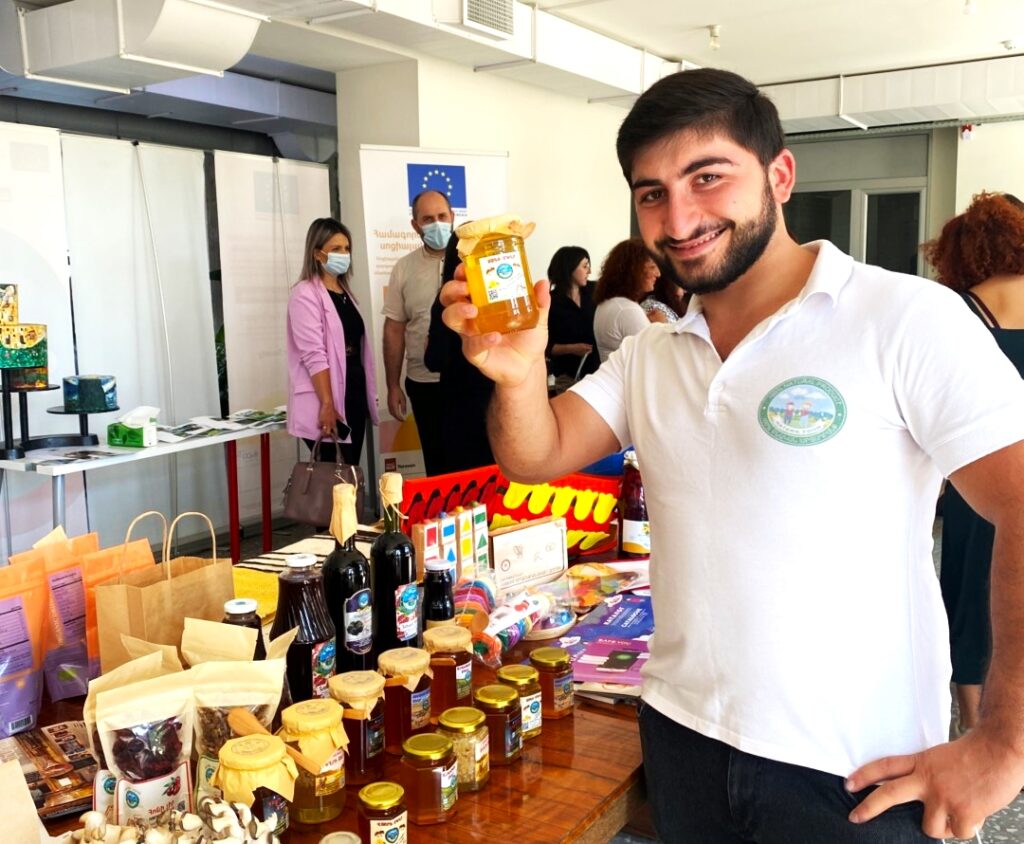
Education and employability
Since the start of the programme in 2018, EU4Youth has helped over 12,600 young programme participants in Armenia to gain new skills. It has also engaged almost 140 mentors to provide guidance and support to more than 1,200 mentees.
One of these mentees was Samvel Mirzakhanyan, who participated in the EU4Youth – Social Entrepreneurship in Armenia and Georgia (SEAG) project. He says: “Thanks to the project, I was able to get back on my feet, more determined, experienced, stronger, and more motivated than ever before.”
Through various projects, EU4Youth has also trained almost 670 youth educators,who can now provide a better basis for further capacity building and skills transfer activities for youth.
Moreover, the College of Europe offered seven EU4Youth Master’s scholarships to students from Armenia for the 2021-2022 and 2022-2023 academic years. Mariam, Vahan, and Alina from Armenia completed their studies in June 2022. They were among the first ten EU4Youth scholars from the Eastern Partnership countries, who finished their studies at the College of Europe in Natolin.
Entrepreneurship and employment
Since 2018, 55 start-ups have been launched in Armenia with support from EU4Youth projects, including the company set up by Tigran Tchyughuryan. The young man in a remote village translated his environmental concern into a business producing eco-plates from grain husks and stalks, with the support of the European Union’s EU4Youth: Social Entrepreneurship Ecosystem Development (SEED) for Green Growth project.

“We want to set an example,” says Tigran: “Even in a remote village it is possible to dream, to implement ideas that may seem incredible. Apart from the financial assistance, the professional support of the project was tangible as well. The business-related knowledge and networking gained from the courses continue to help develop our social enterprise even now.”
Additionally, the programme helped to develop 30 policy strategies or legislative recommendations to improve youth education, entrepreneurship and participation . These recommendations, for example, help address the lack of awareness about employment opportunities.
Through EU4Youth, nearly 350 job seekers were able to complete the certification and validation process. Almost three quarters were young women and an absolute majority belong to disadvantaged groups.
Engagement and empowerment
In the 2021-2022 cycle alone, EU4Youth Alumni from Armenia launched 12 initiatives, each involving on average 18-20 beneficiaries. For example, Sona and Mariam established the “YouthMix” for young people aged between 14-18 from the Yeghvard and Voskehat communities.
“We wanted to show young people living in our communities that they may be facing very similar problems, some a bit more and some less. But they all have equal opportunities to get non formal education, develop themselves and advance. They just need to start.” As a result of the “YouthMix” initiative, four of the participants joined Erasmus+ youth exchanges abroad, and one of them applied to study programming.
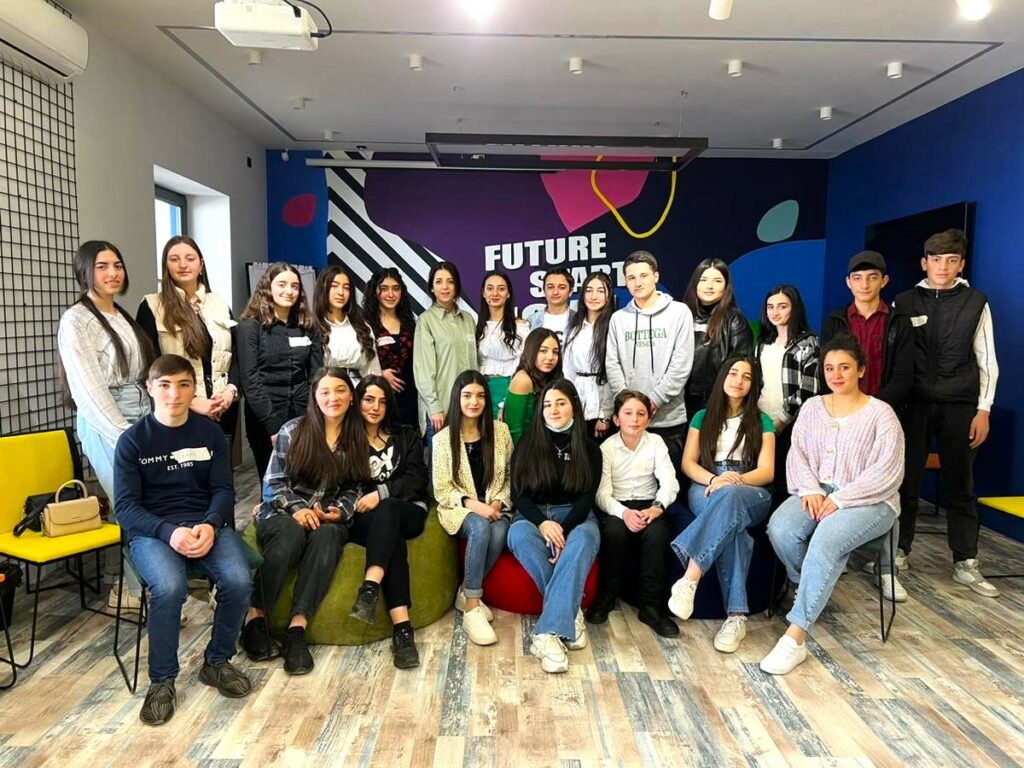
Youth policy landscape
After playing a critical role in the Velvet Revolution in 2018, young people had a stronger interest in public affairs in Armenia, and some young leaders received political and administrative positions in the public sector. However, the war between Armenia and Azerbaijan in Nagorno-Karabakh in 2020 and the military conflict in 2022 shifted the focus of the general public and youth towards security and social issues.
In the past five years, the different EU4Youth projects have been successful in bringing youth closer to the political debate. Projects have focused on the development of soft skills for young people to be more confident and critical, supporting structures and youth groups at the national level. The success stories are there, but there is space for further development for youth policy and youth interventions in Armenia, with a focus on:
- Advancing initiatives for meaningful youth engagement in policy making;
- Investing in sustainable and dedicated safe spaces that allow young people to access information and services as well as actively engage and participate;
- Strengthening professional psychosocial support opportunities for young people, to help them better cope with the stress caused by instability and insecurity in the region while becoming more vocal and resilient at the same time.
Yearly data and recommendations
With the 2022 Achievements Report closing the five-year monitoring and evaluation cycle, the EU4Youth programme offers four comprehensive reports for policymakers, civil society leaders and educators designing and implementing youth empowerment initiatives and policy measures in Armenia.
These reports provide a holistic picture of interventions conducted so far through the programme along with their impact. Each report concludes with observations of efficacy and youth policy recommendations, drawing from the year-specific conclusions.
MOST READ
RELATED PROJECTS
SEE ALSO

No, time is not on Russia‘s side
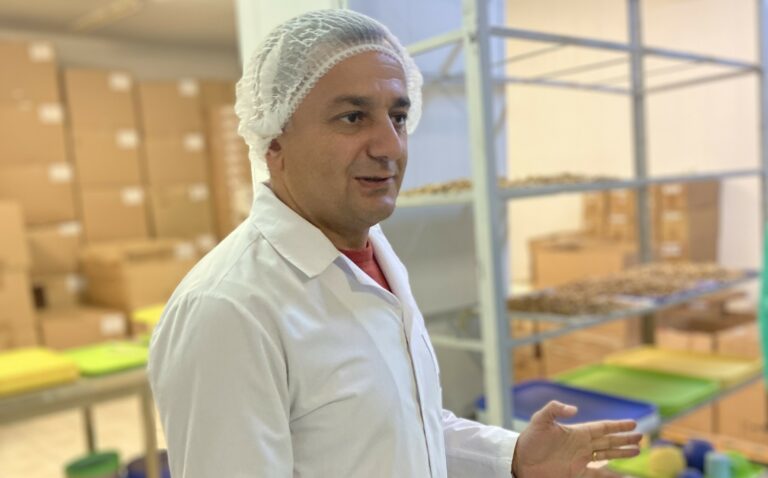
Sweet smell of chocolate
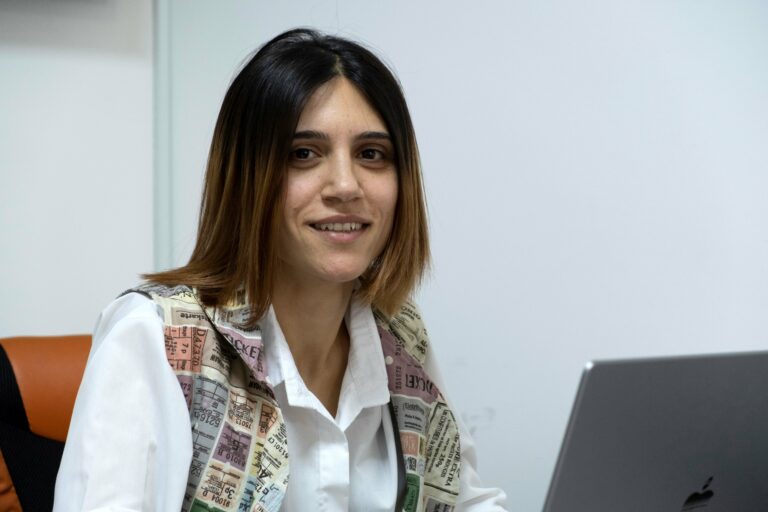
‘Be yourself, and always move forward’: Meri’s advice to young women in business

Be one step ahead of a hacker: check simple cybersecurity tips!
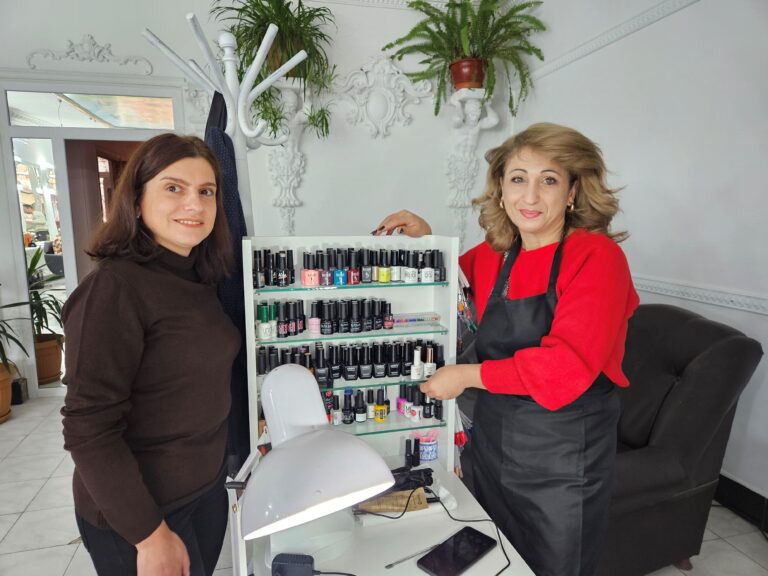
The power of skills: women paving the way to their own business in rural Armenia
More campaign pages:
Interested in the latest news and opportunities?
This website is managed by the EU-funded Regional Communication Programme for the Eastern Neighbourhood ('EU NEIGHBOURS east’), which complements and supports the communication of the Delegations of the European Union in the Eastern partner countries, and works under the guidance of the European Commission’s Directorate-General for Neighbourhood Policy and Enlargement Negotiations, and the European External Action Service. EU NEIGHBOURS east is implemented by a GOPA PACE-led consortium. It is part of the larger Neighbourhood Communication Programme (2020-2024) for the EU's Eastern and Southern Neighbourhood, which also includes 'EU NEIGHBOURS south’ project that runs the EU Neighbours portal.

The information on this site is subject to a Disclaimer and Protection of personal data. © European Union,








